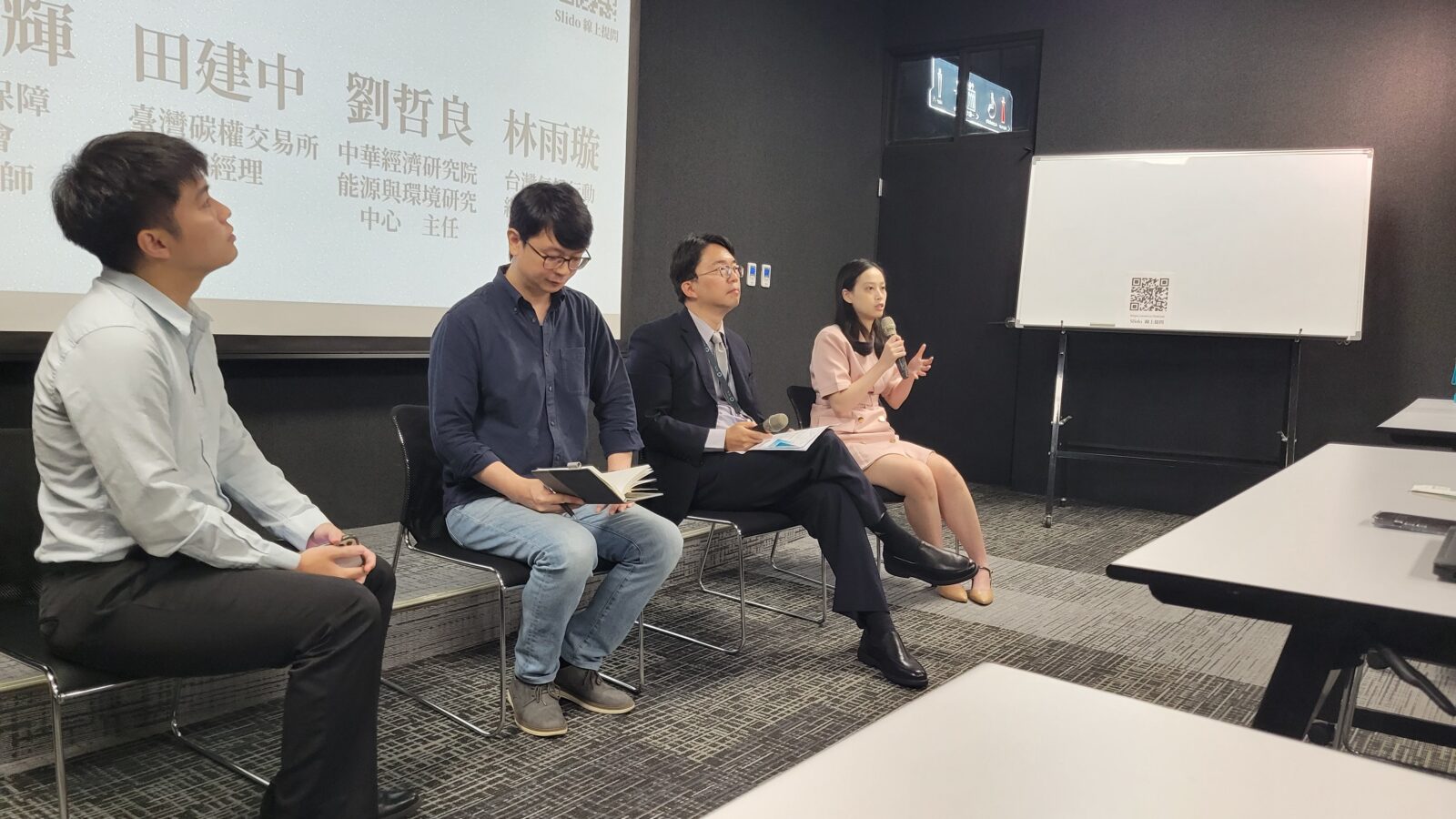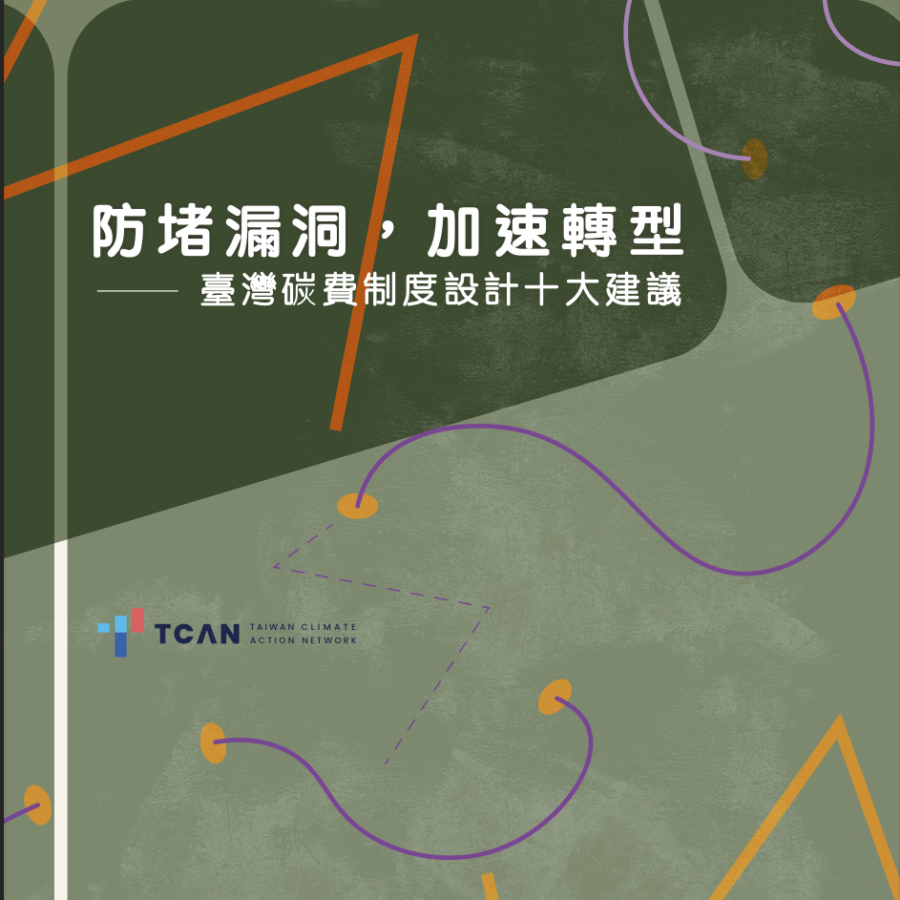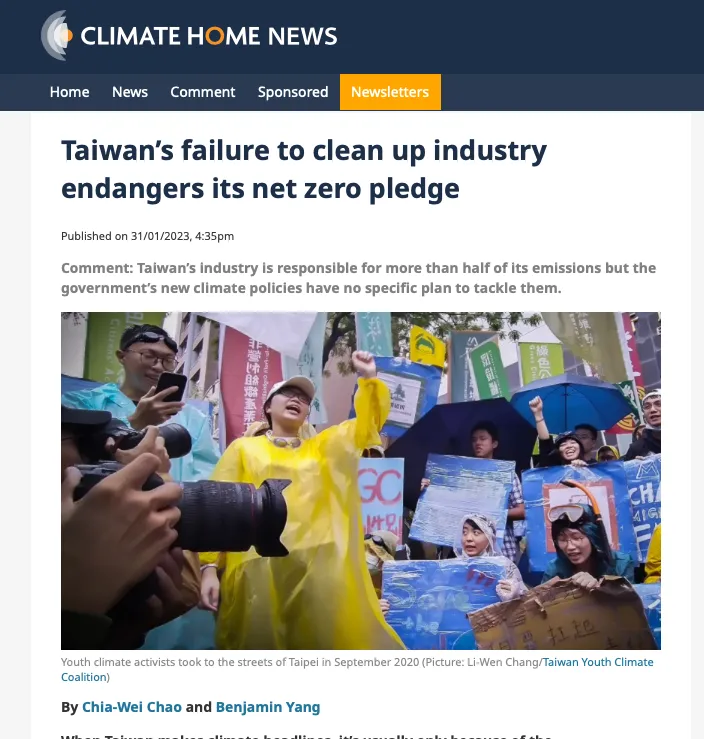
A couple of weeks ago, on the first anniversary of the Taiwan Carbon Solution Exchange (TCX)’s establishment, we co-hosted a forum with the Green Citizens’ Action Alliance on the quality of carbon credits.
While the carbon market continues to grow as a prevalent means for Taiwanese companies to reduce their Greenhouse gas emissions and advance climate action, misinformation and confusion surrounding carbon market mechanisms have led to an emergence of fraudulent practices: from fake courses to uncertified carbon credits to the exaggeration of emissions reduction results using low-quality credits. Such tendencies pose financial and reputational risks to companies and undermine the transparency of – and thereby the social trust in – carbon markets.
With experts and practitioners from various fields – including representatives from TCX and the Chung-hua Institution for Economic Research (CIER) – we discussed the different risk factors throughout the lifecycle of a carbon credit, what companies can do to avoid them, how policy tools may help ensure the quality of carbon credits, and how consumers can identify greenwashing.
Our researcher, Lin Yu-Shiuan, opened the forum with a keynote presentation on the status quo and trends observed in the Taiwanese and international voluntary carbon markets. Through a comparative analysis between international standards such as the Integrity Council for the Voluntary Carbon Market (ICVCM)’s Core Carbon Principles and projects Taiwan’s domestic voluntary carbon market, she urges companies to:
- Focus primarily on emissions reduction and only use offsets as an auxiliary means with a strict neutralisation limit.
- Adopt credible integrity standards to inspect domestic and international carbon credits used while eliminating disputed or obsolete methodologies.
- Only use credits to reduce emissions beyond their value chain.
You may catch the recordings and slide decks from the forum at the links below:



